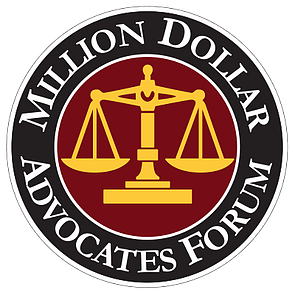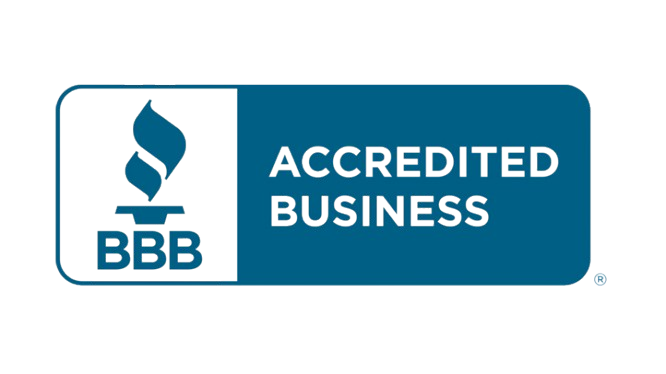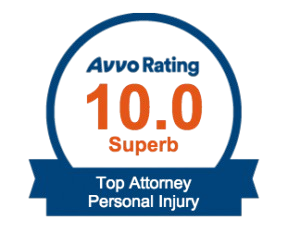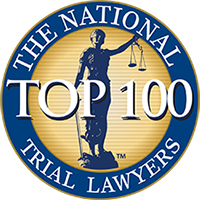
Traumatic Brain Injury
Definition and Classification of TBI
Approximately 1.5 million Americans, representing some 1.2 million emergency room visits and 50,000 deaths, suffer traumatic brain injuries (TBI) each year (http://www.cdc.gov/traumaticbraininjury/tbi_report_to_congress.html). TBI—or intracranial injury—is defined as damage to the brain caused by external or traumatic force, such as a blow to the head, rapid acceleration/deceleration, violent shaking, explosive blast waves or penetration by a projectile (e.g., knife, bullet, shrapnel, etc.). TBI is not necessarily the same as a head injury. A head injury can encompass numerous types of trauma to the skull or face while not affecting the brain; nonetheless, the terms, TBI and head injury, are often used interchangeably to describe brain damage.
TBI is typically classified using three criteria:
- Degree of severity: mild, moderate or severe.
- Anatomical or pathological features.
- Mechanism of injury or causative force.
Extent of Severity
The Glasgow Coma Scale (GCS) is most commonly used to determine and classify TBI severity. The GCS is a five point neurologically-based scale, comprised of three tests—eye, verbal and motor responses—and as such, is graded on a scale of 15 (five points x three tests). A sixth point is assigned for motor function. The table below depicts these gradients.
Glasgow Coma Scale
When assessing the severity of a patient’s TBI, results of all of these tests are summed to determine a composite score. Generally, the following GCS scores are used as determinants of severity:
- 13 or above is regarded as a mild TBI (MTBI);
- 9-12 is deemed a moderate injury, and
- 8 or below is considered severe.
http://www.traumaticbraininjury.com/symptoms-of-tbi/glasgow-coma-scale/

Why Choose Finney Law Office?
-
Personal Attention AlwaysWe intentionally limit our caseload so every client receives direct attorney involvement and individualized strategy.
-
Trusted in St. LouisWith decades of experience serving the St. Louis community, we’ve earned a reputation for integrity, skill, and results.
-
Innovative Focus GroupsWe strengthen cases through real jury-tested focus groups—an approach so trusted, other law firms ask us to run them.
-
Prepared for TrialFrom day one, we treat every case as if it’s headed to trial, building leverage for maximum recovery.
Accurate Diagnosis of Concussions Can Be Tricky and Fraught with Frustration
Some people may act fine after having sustained a concussion even though they are behaving much differently than normal. Other people will sense something is definitely amiss but will not seek medical attention because there are no visible signs of an injury. Older adults, young children and those who have suffered recurrent concussions may exhibit persistent symptoms and take much longer to recover from MTBI or will develop chronic problems due to the anatomy and condition of their brain tissue.
-
About Us
-
FAQ
-
Blog
-
Results








.png.2509120846195.webp)


